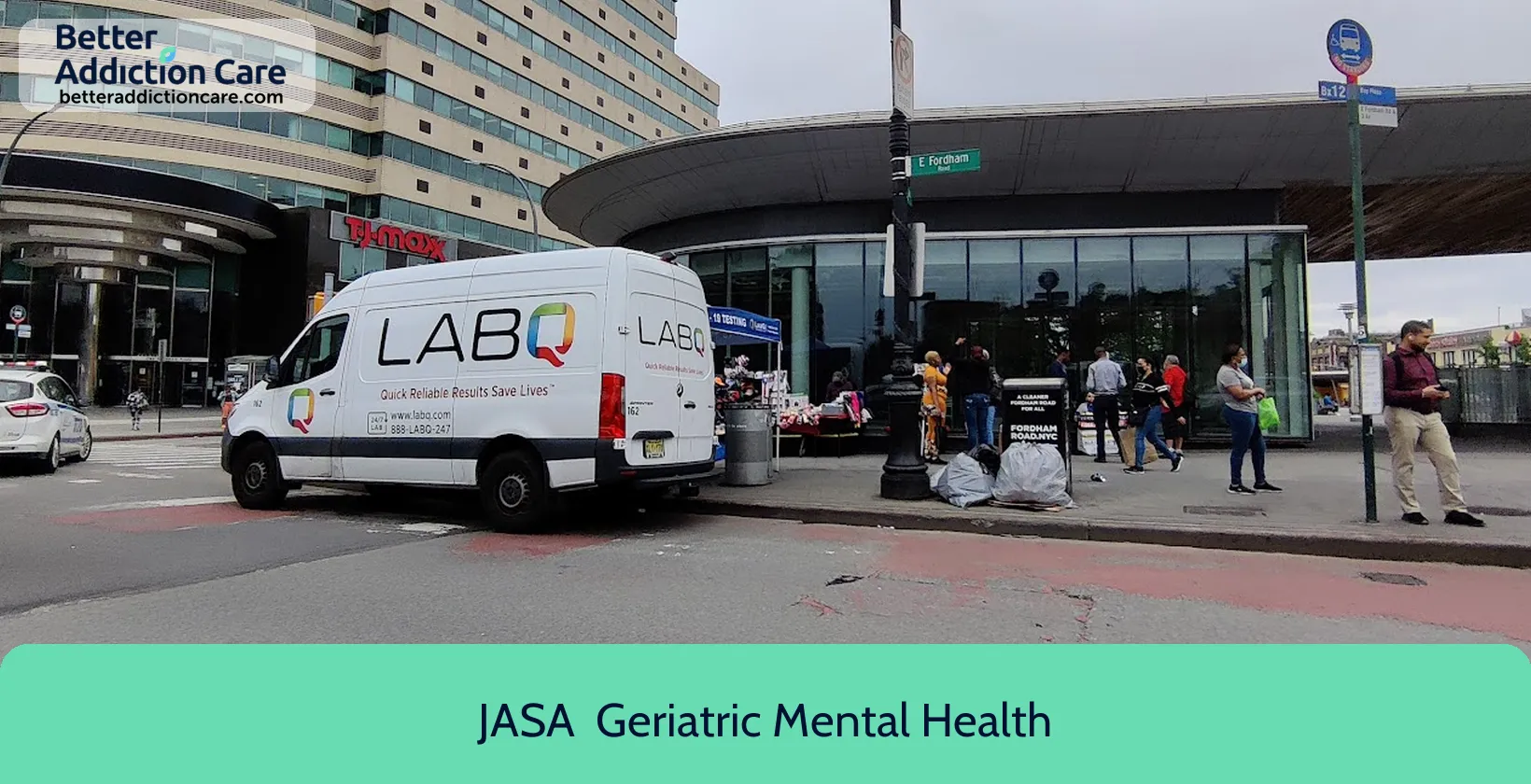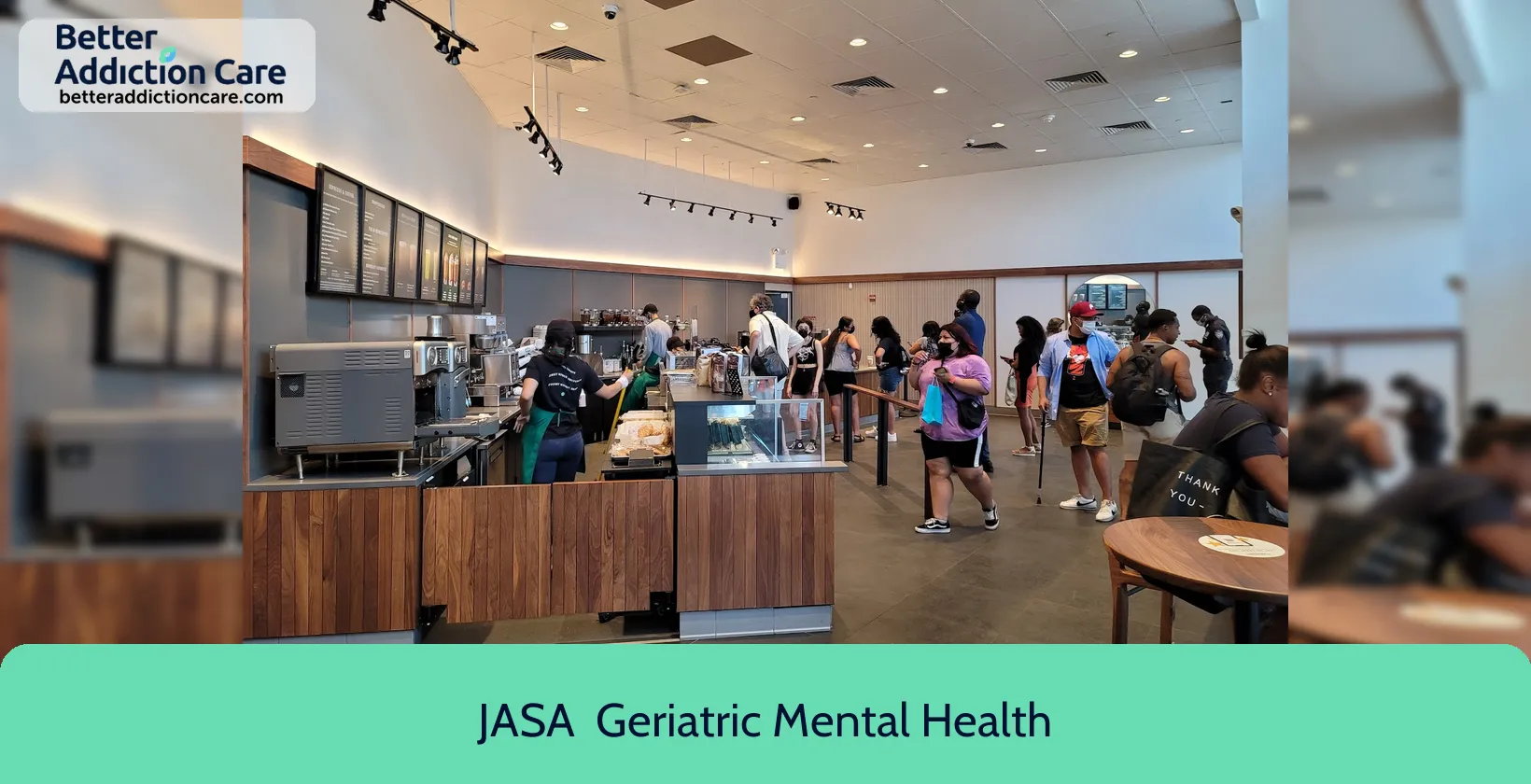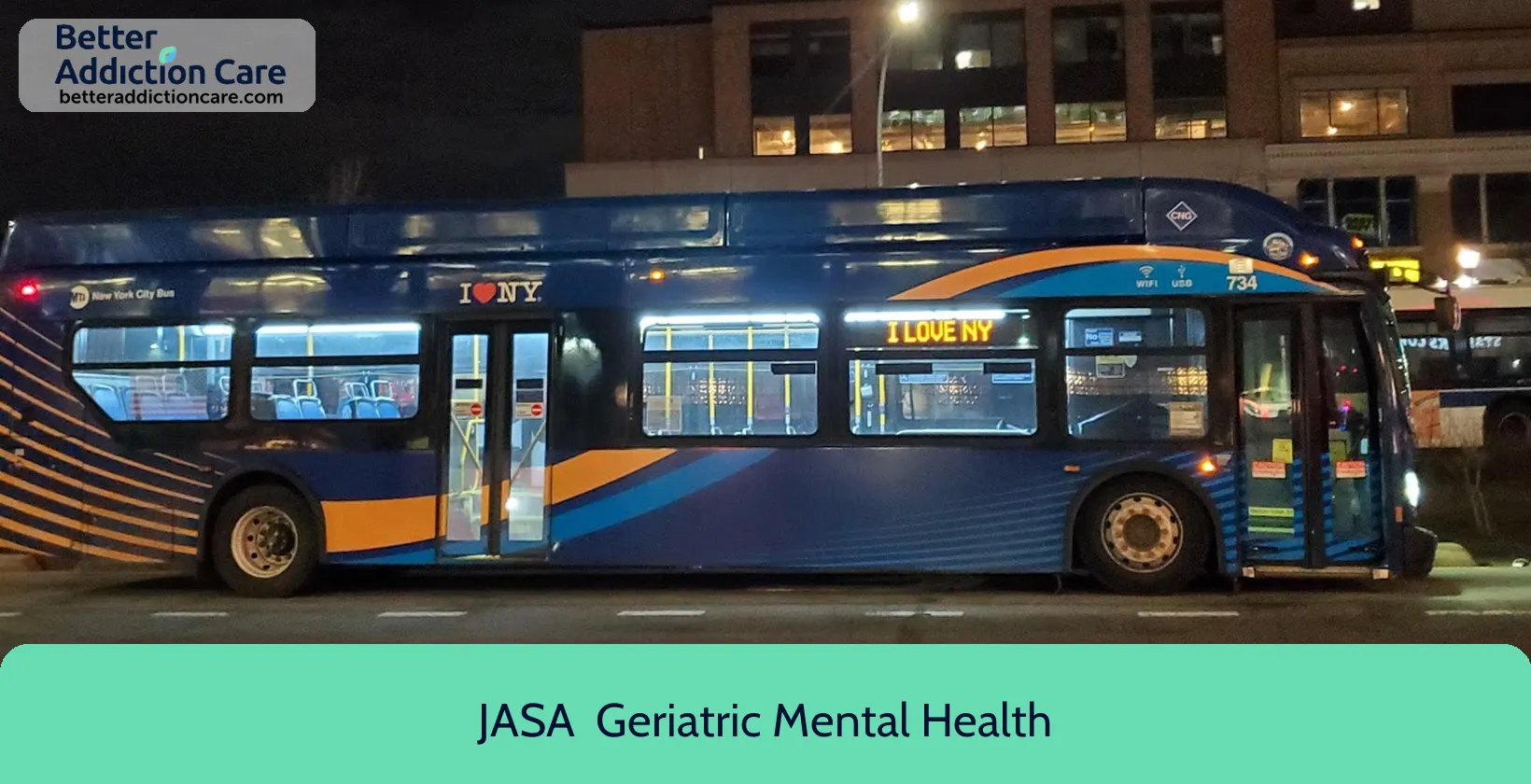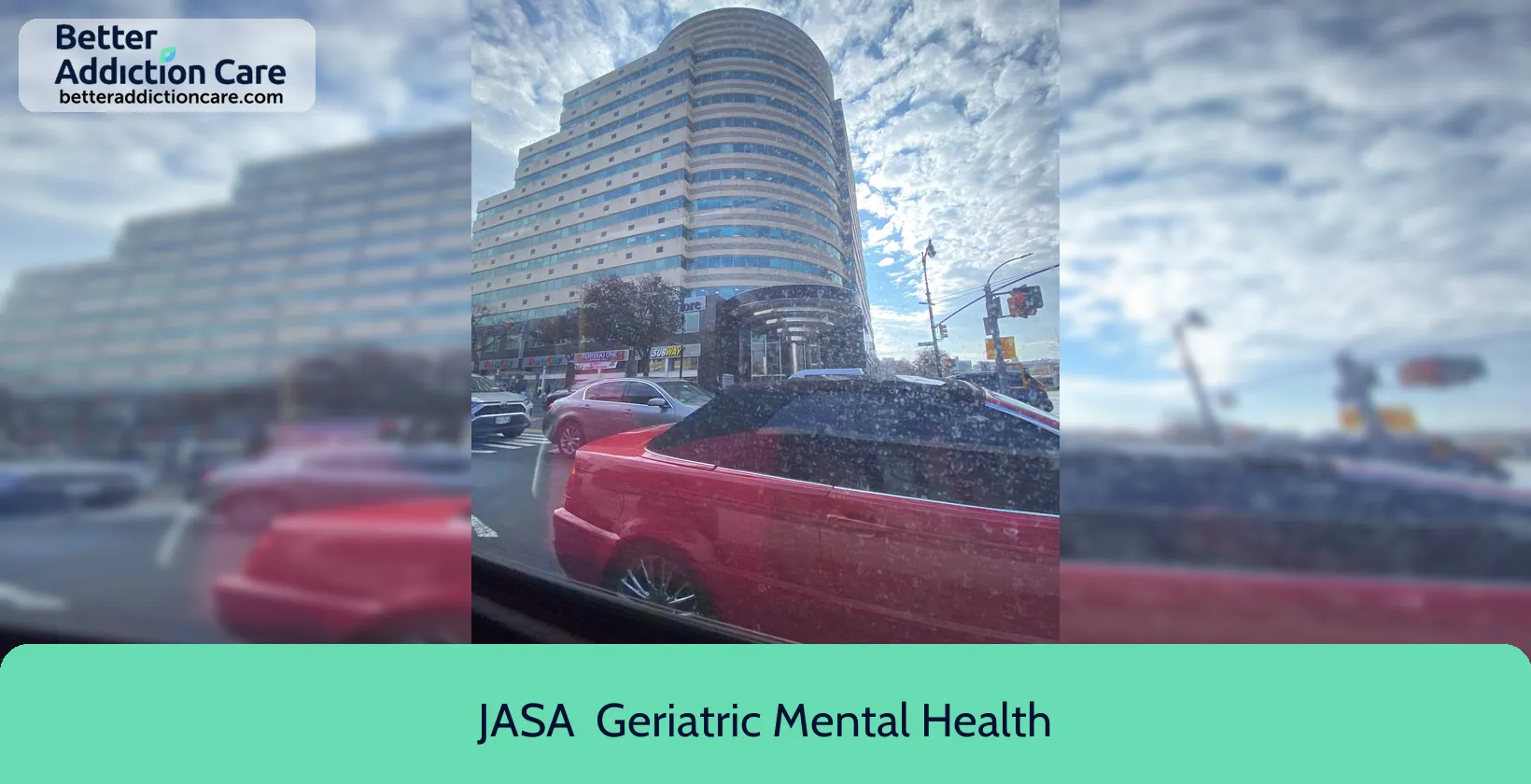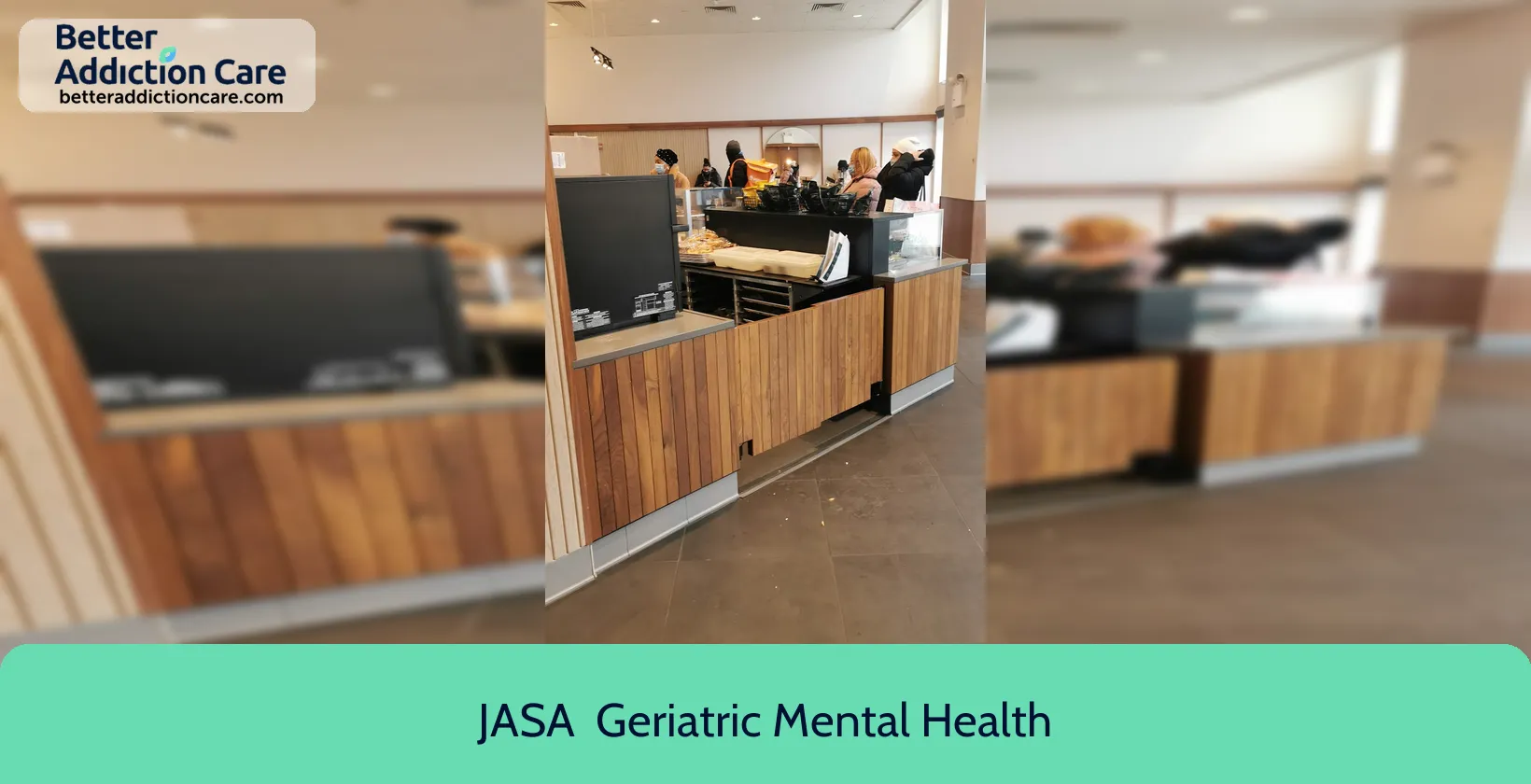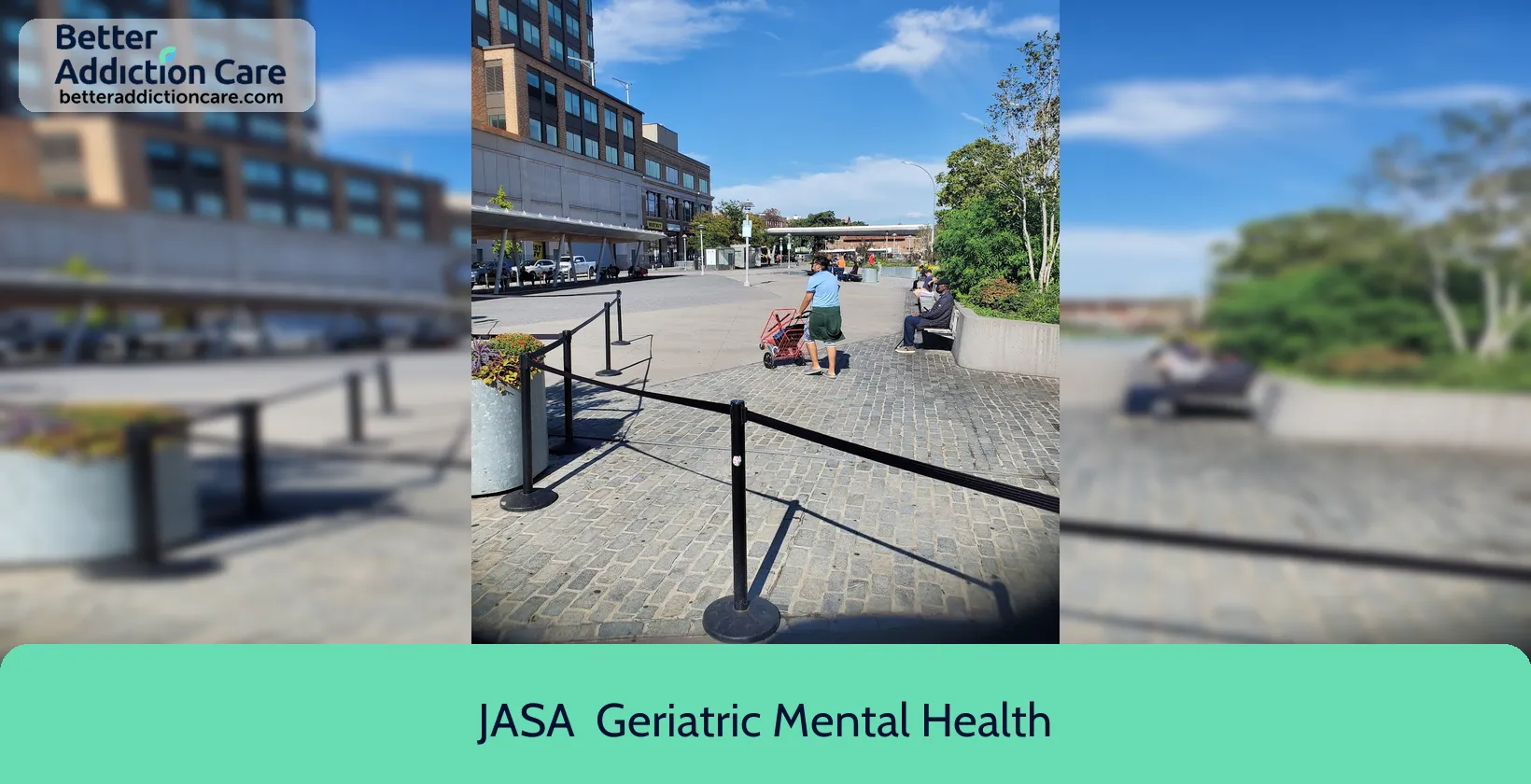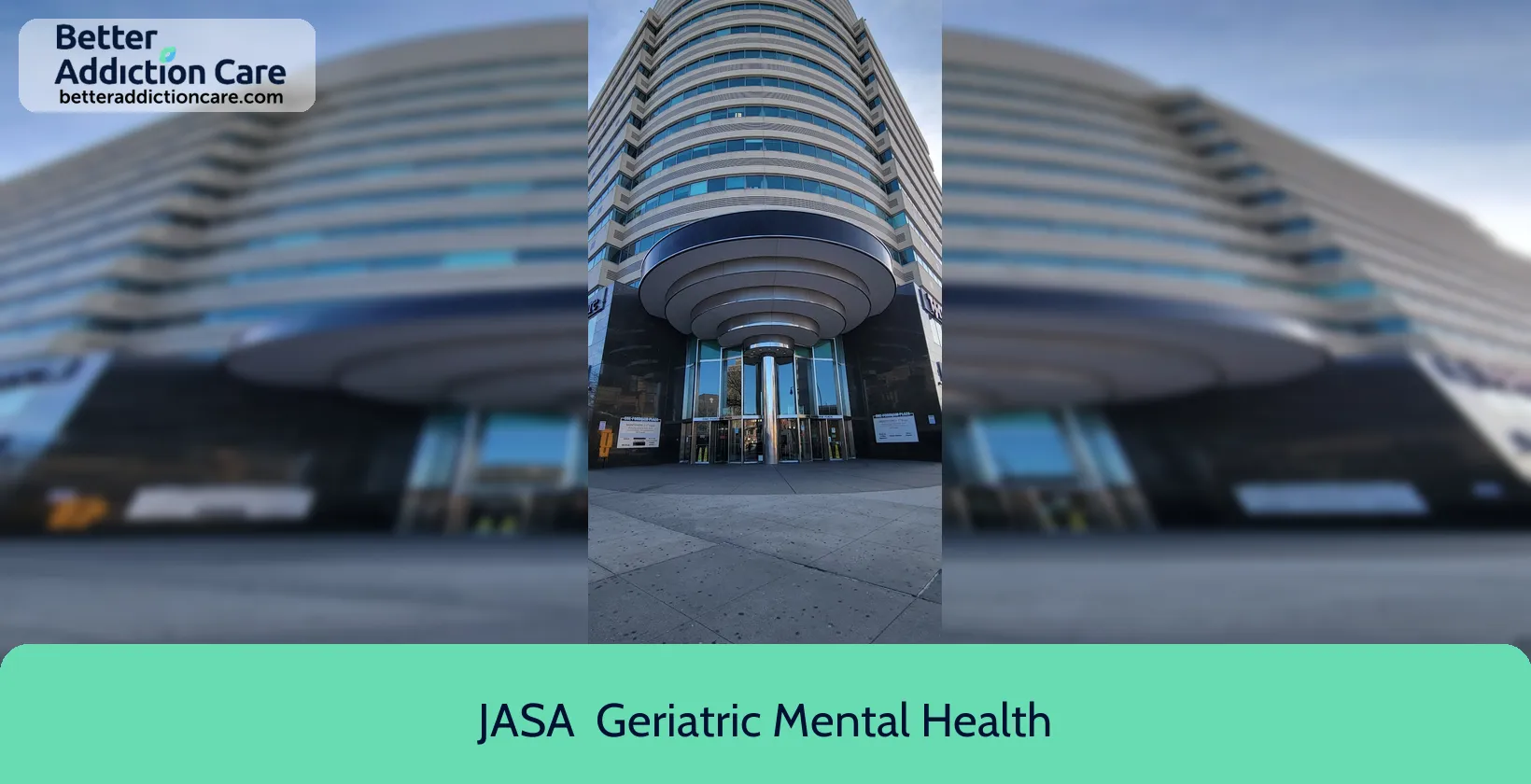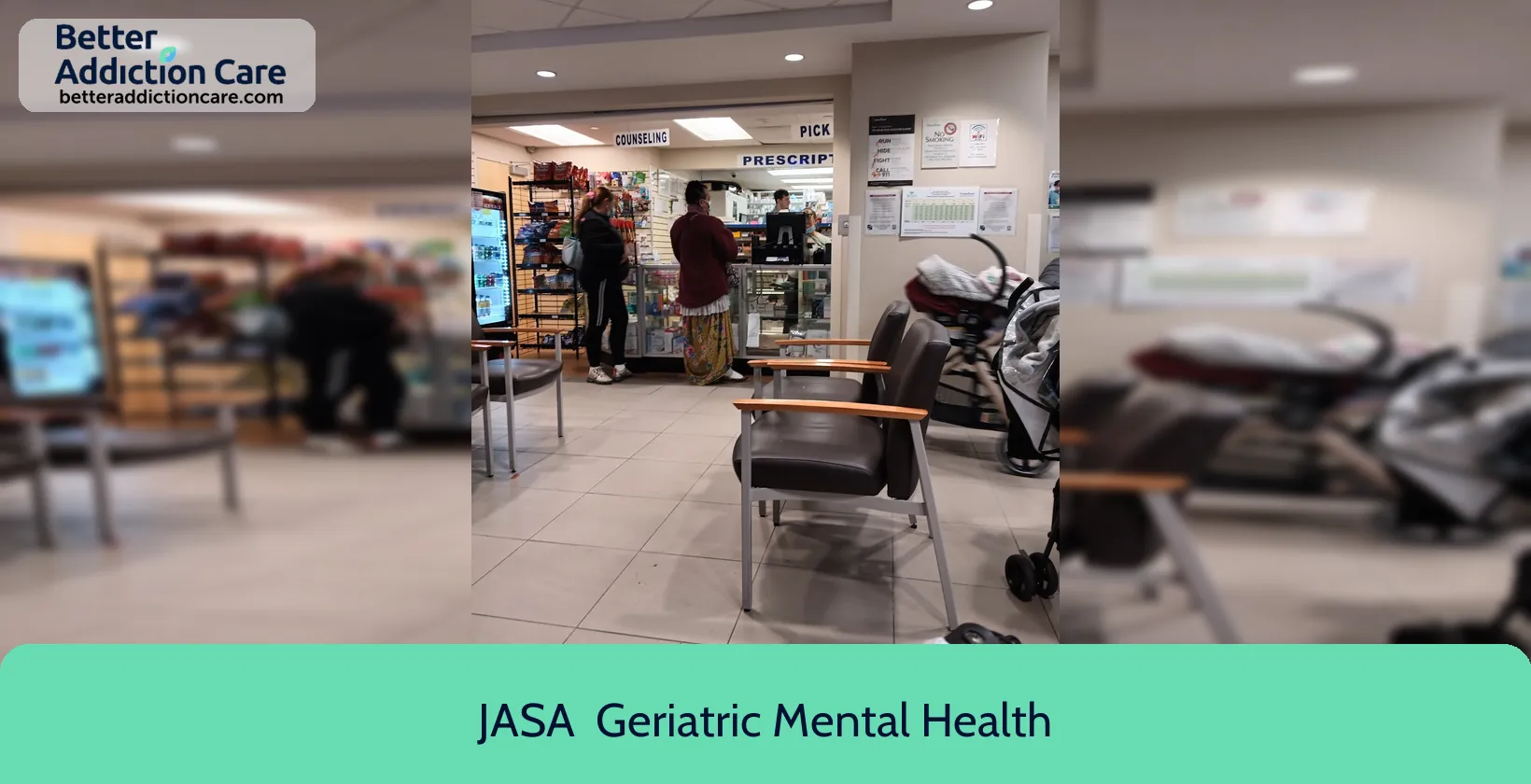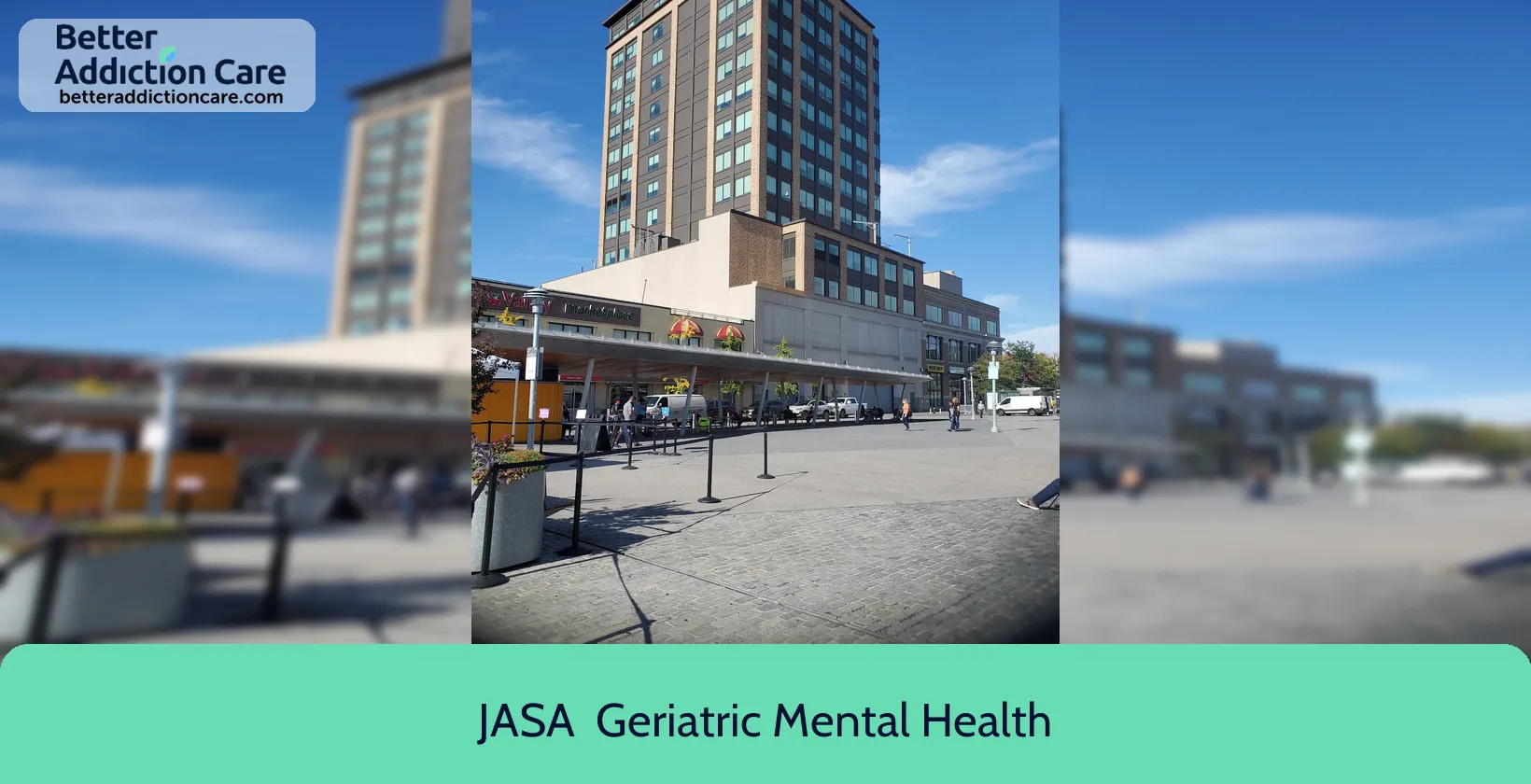JASA - Geriatric Mental Health
Overview
JASA - Geriatric Mental Health is a mental health treatment center for people seeking treatment near Bronx County. As part of their treatment modalities for recovery, JASA - Geriatric Mental Health provides family counseling, individual psychotherapy, and cognitive behavioral therapy during treatment. JASA - Geriatric Mental Health is located in Bronx, New York, accepting county or local government funds for treatment.
JASA - Geriatric Mental Health at a Glance
Payment Options
- County or local government funds
- Medicaid
- Private health insurance
- Cash or self-payment
- State-financed health insurance plan other than Medicaid
Assessments
- Comprehensive mental health assessment
- Comprehensive substance use assessment
Age Groups
- Adults
Operation
- Private for-profit organization
Highlights About JASA - Geriatric Mental Health
6.68/10
With an overall rating of 6.68/10, this facility has the following balanced range of services. Alcohol Rehabilitation: 8.00/10, Treatment Options: 6.73/10, Drug Rehab and Detox: 6.00/10, Insurance and Payments: 6.00/10.-
Alcohol Rehabilitation 8.00
-
Treatment Options 6.73
-
Drug Rehab and Detox 6.00
-
Insurance and Payments 6.00
Treatment At JASA - Geriatric Mental Health
Treatment Conditions
- Mental health treatment
- Substance use treatment
- Co-occurring Disorders
Care Levels
- Outpatient
Treatment Modalities
- Family counseling
- Individual psychotherapy
- Cognitive Behavioral Therapy
- Group counseling
- Experiential Therapy
Ancillary Services
Languages
- Sign language services for the deaf and hard of hearing
- Spanish
Special Programs
- Clients who have experienced trauma
- Persons 18 and older with serious mental illness (SMI)
Get Help Now
Common Questions About JASA - Geriatric Mental Health
Contact Information
Other Facilities in Bronx

7.42

6.71
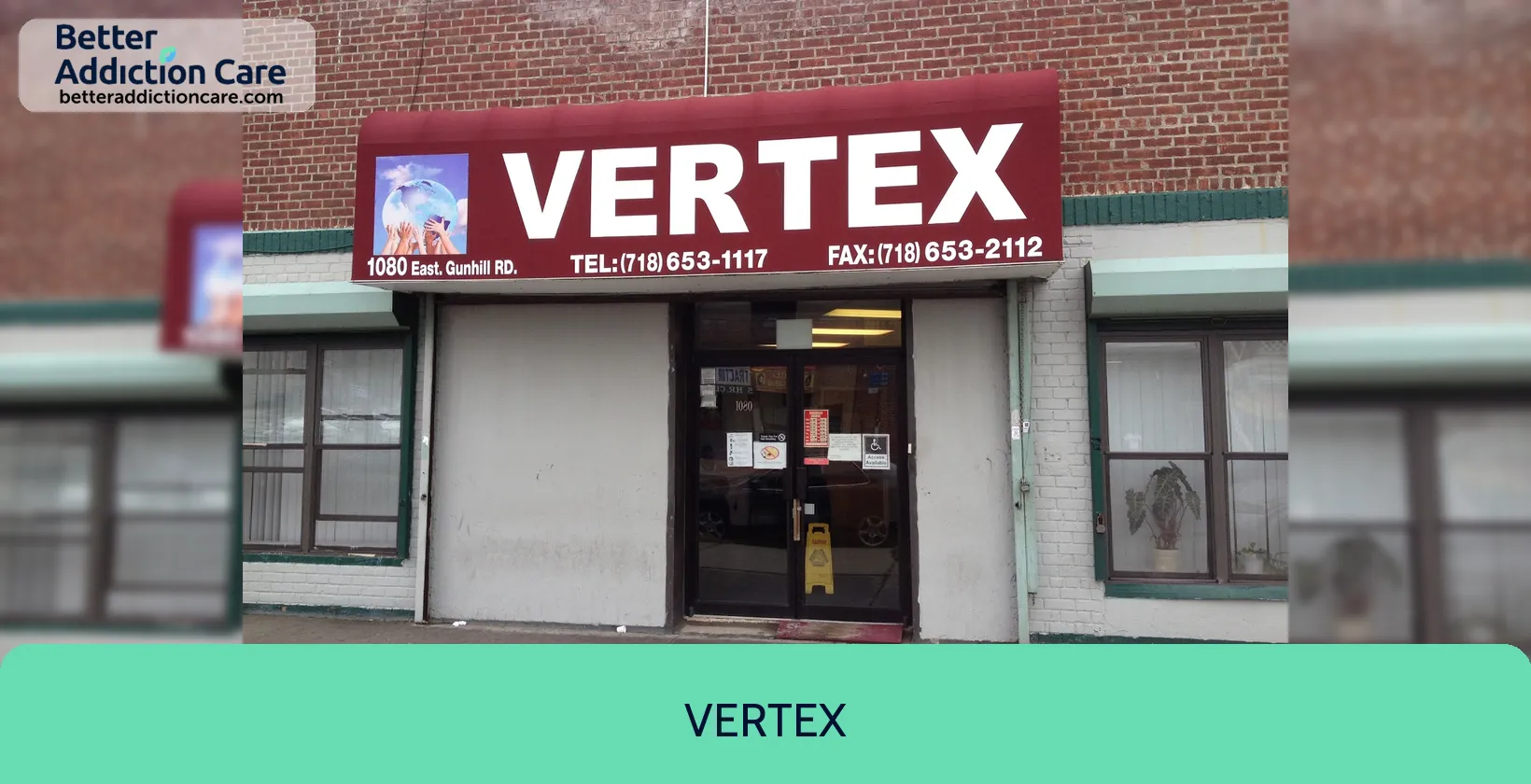
7.40
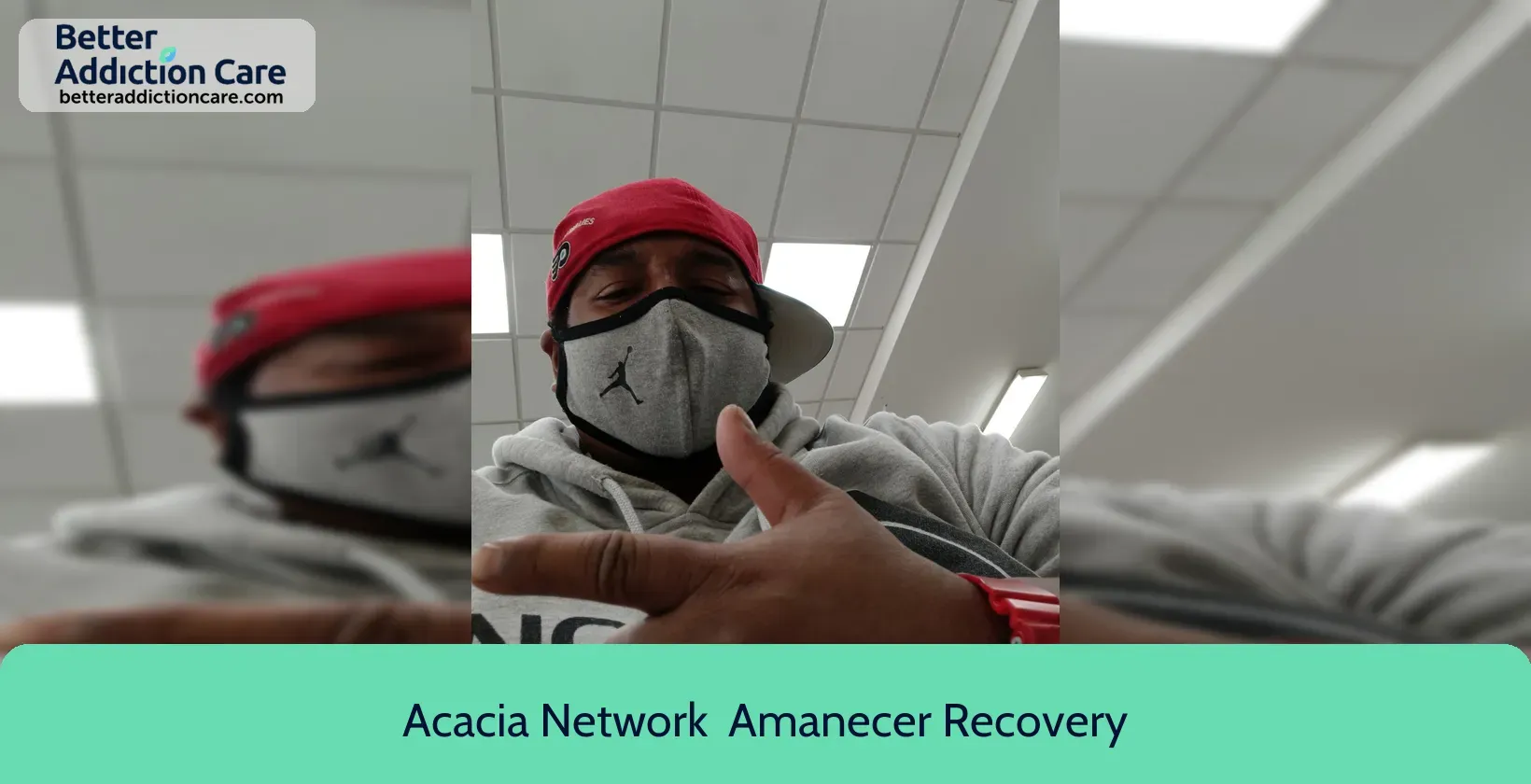
7.36
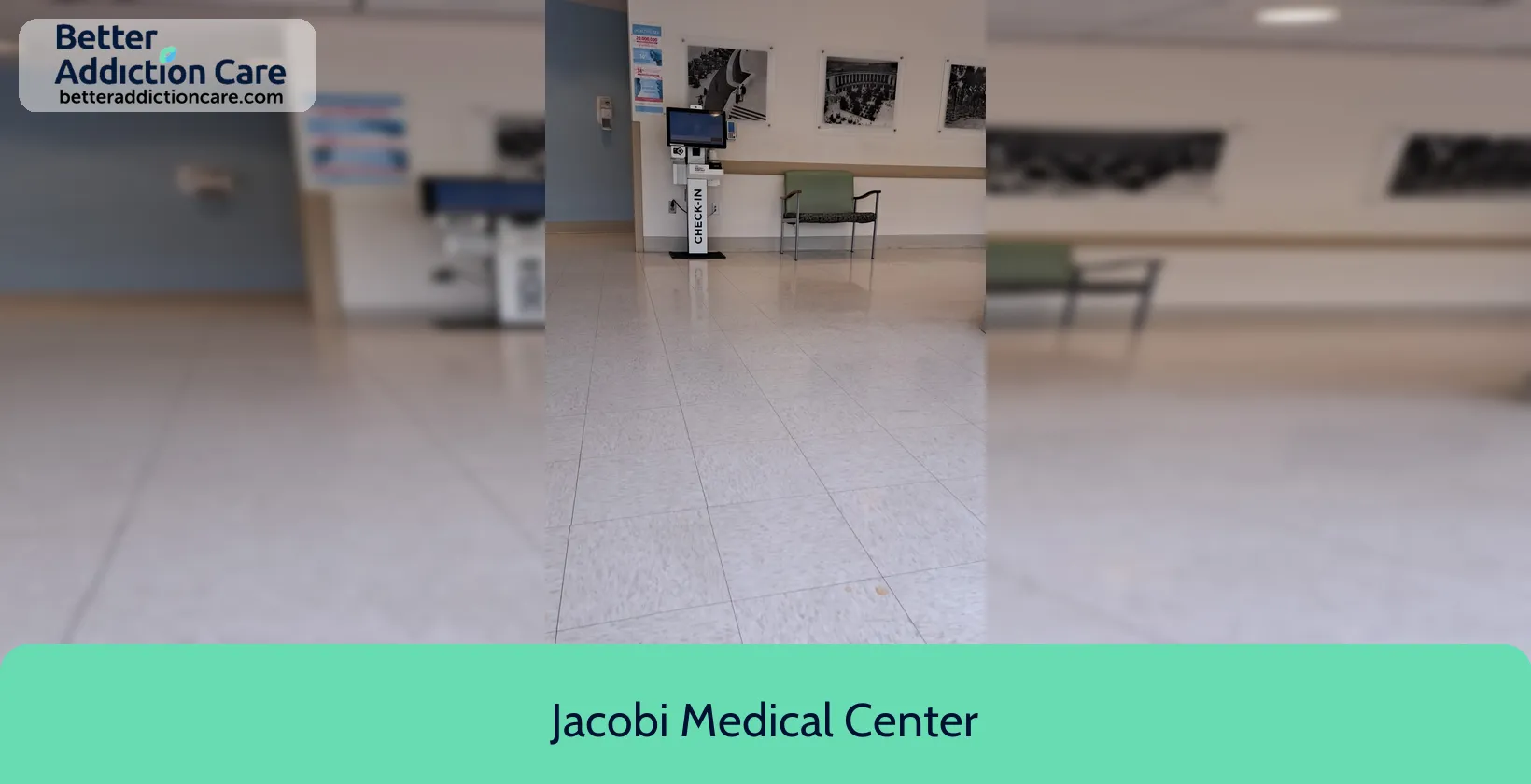
7.72
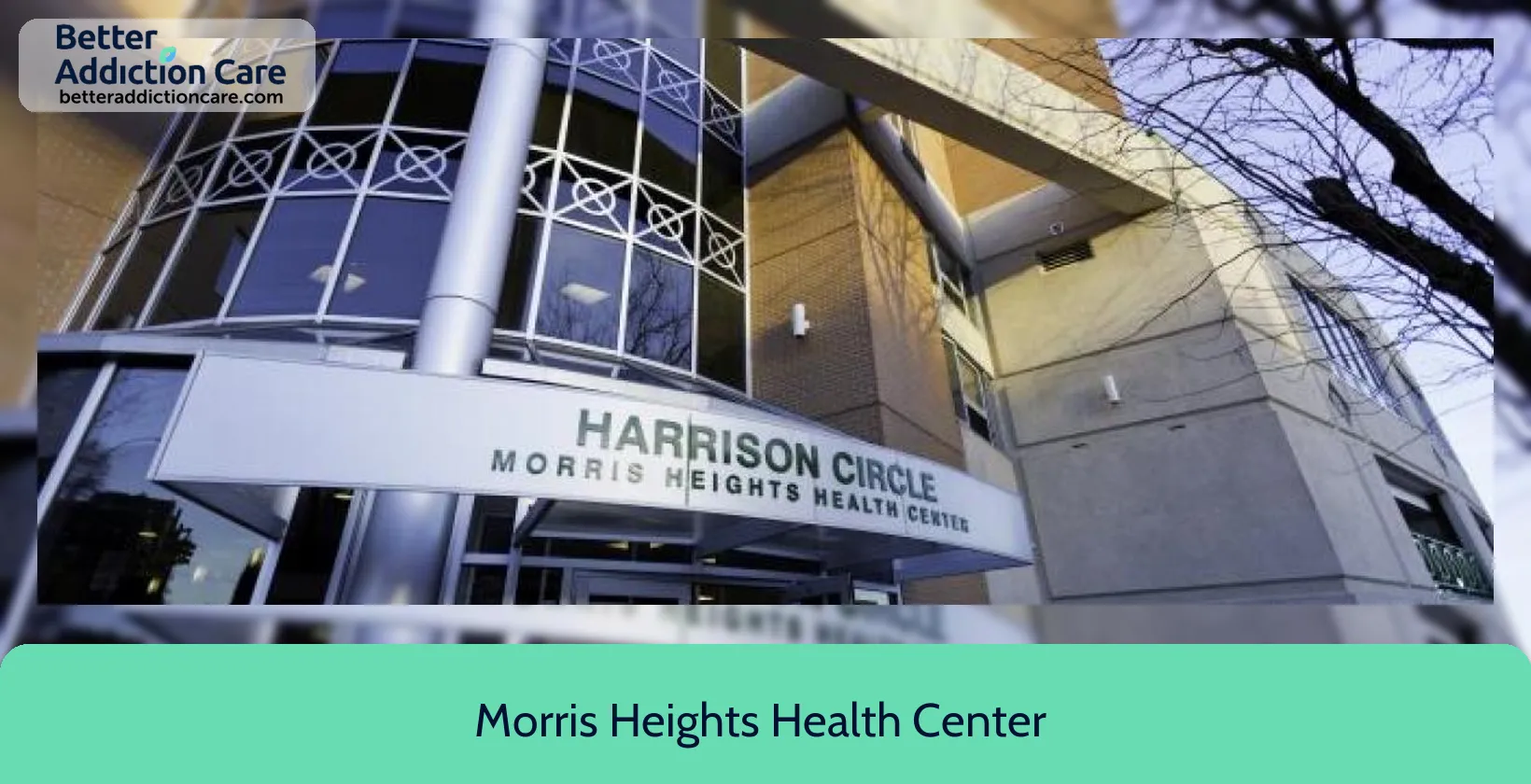
6.90
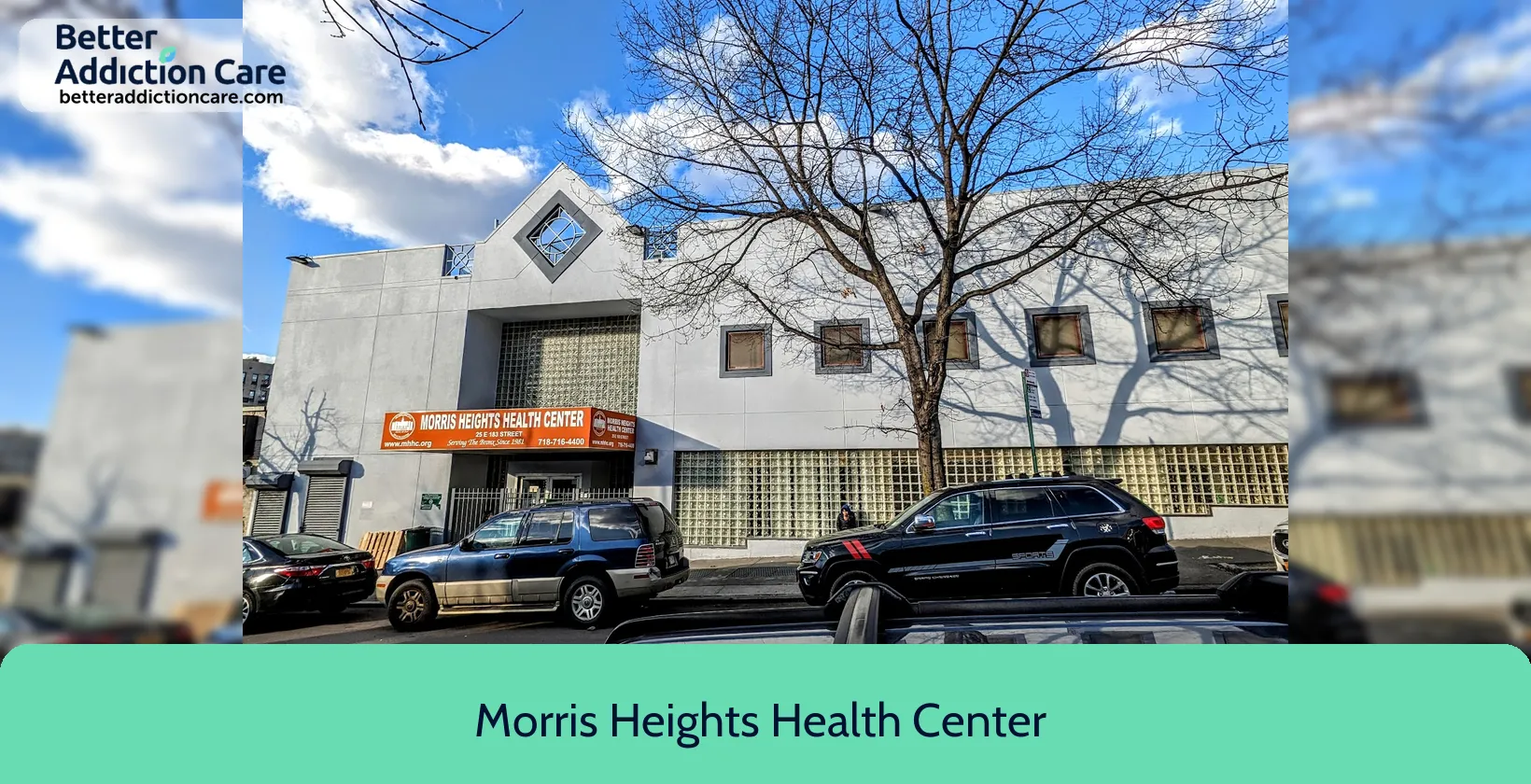
6.68
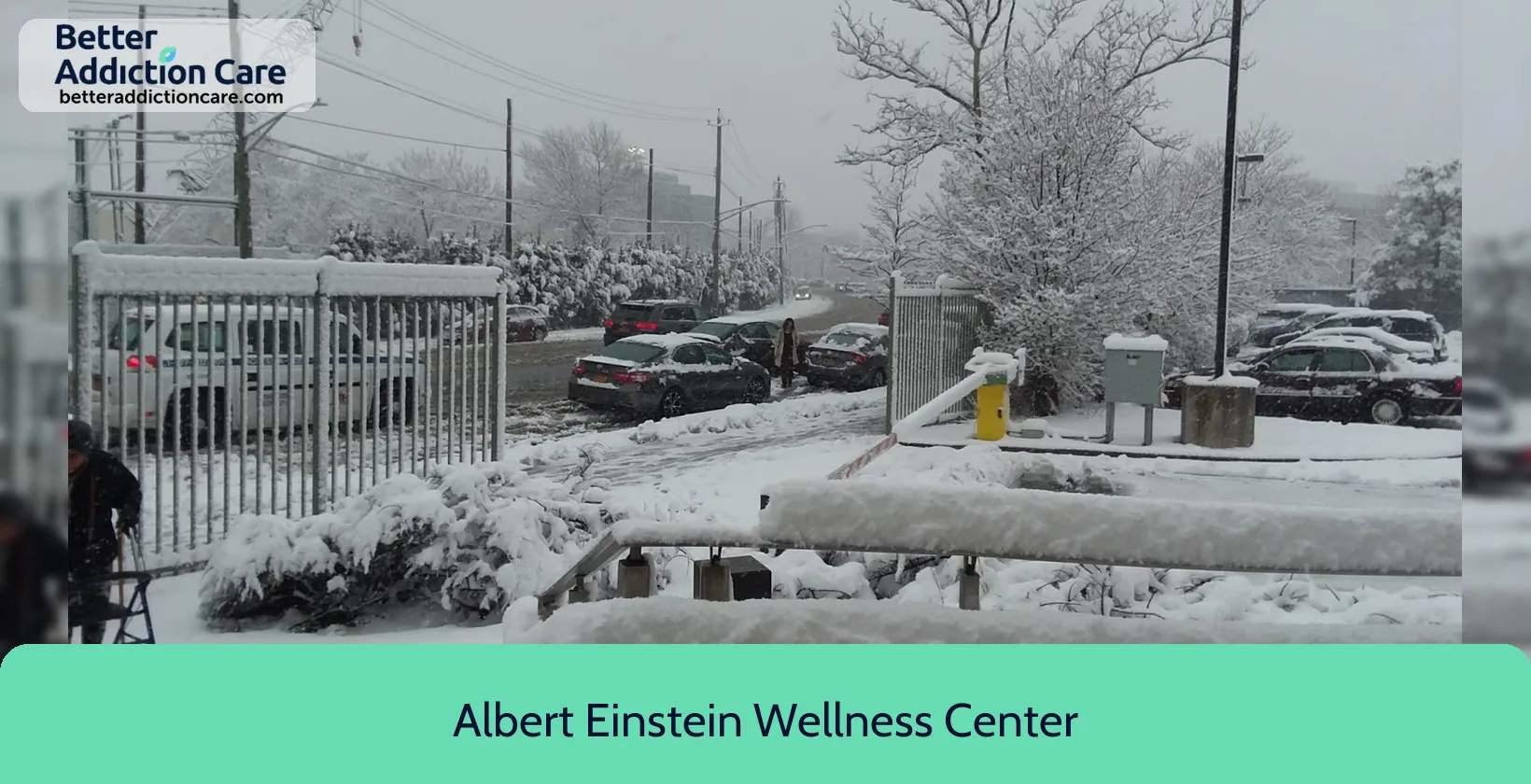
7.26
DISCLAIMER: The facility name, logo and brand are the property and registered trademarks of Albert Einstein Wellness Center, and are being used for identification and informational purposes only. Use of these names, logos and brands shall not imply endorsement. BetterAddictionCare.com is not affiliated with or sponsored by Albert Einstein Wellness Center.
